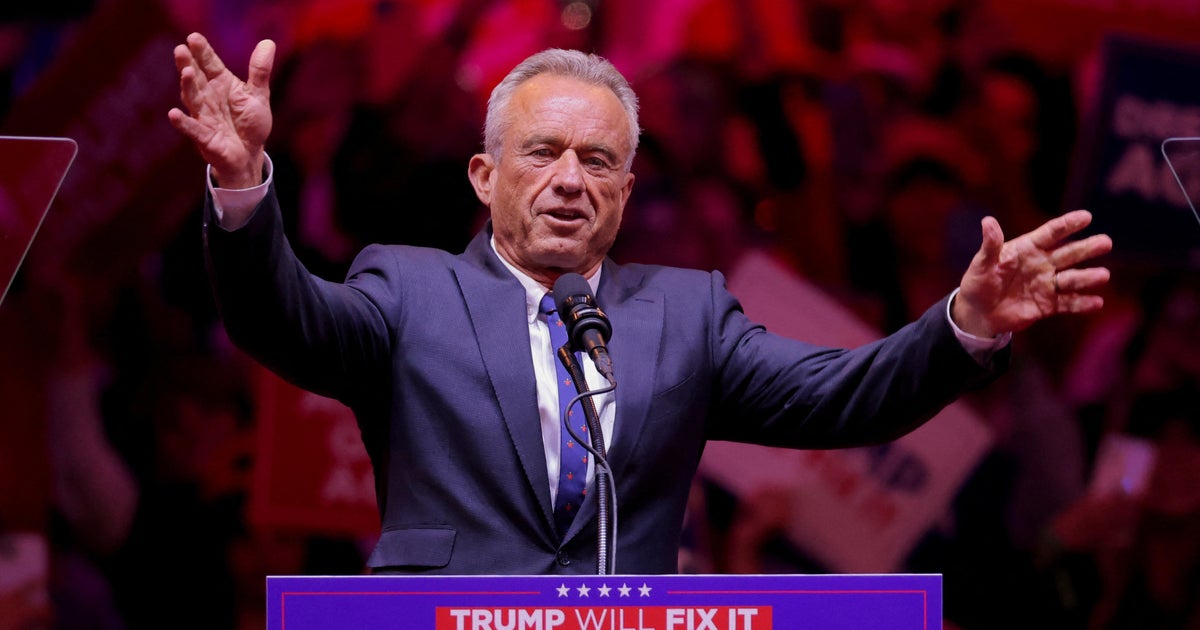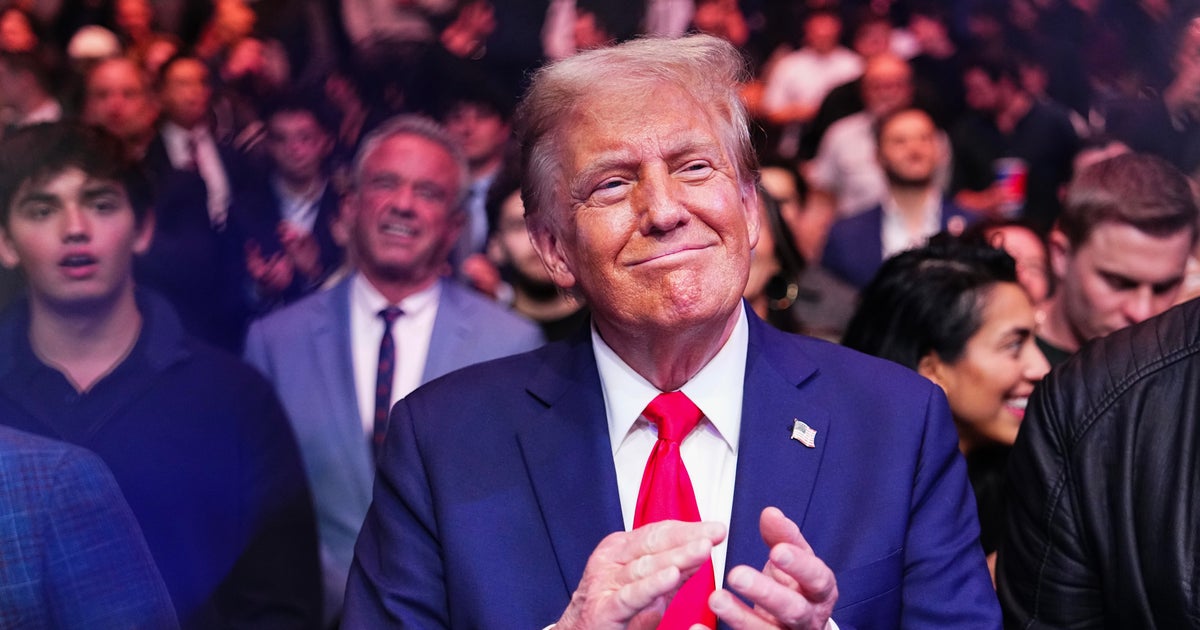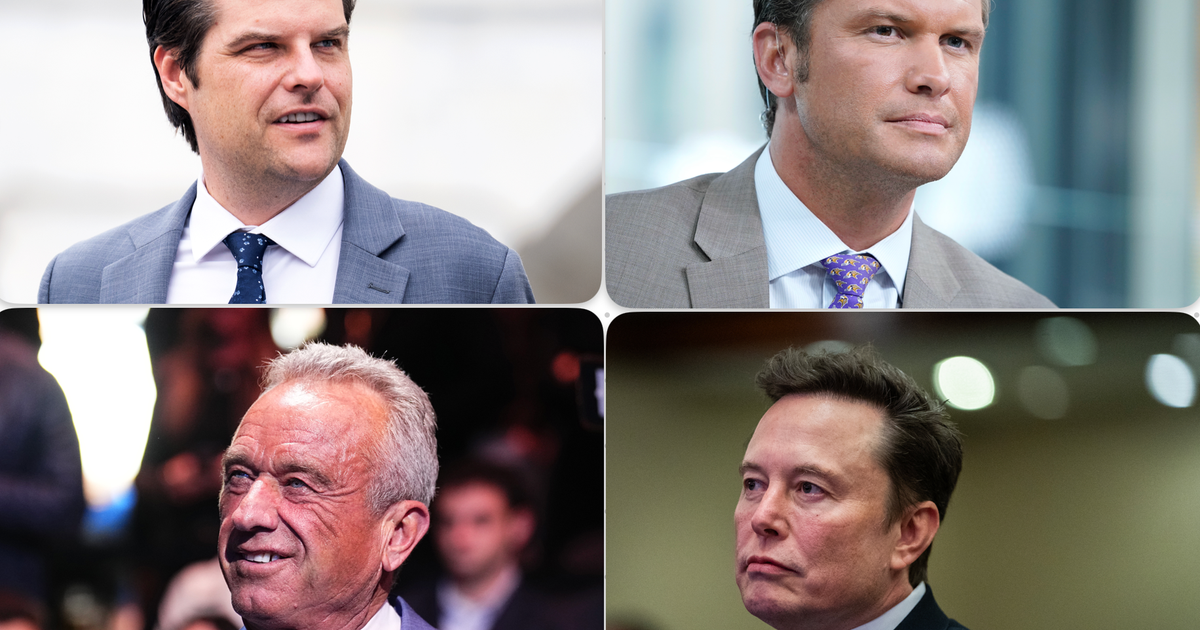Will second Trump-Kim summit be substance or show?
After last year's visually striking summit with North Korean leader Kim Jong Un in Singapore, President Trump heralded it as a success and even claimed North Korea no longer poses a nuclear threat.
Eight months later, however, experts believe North Korea has failed to show tangible steps toward denuclearization and the Pentagon has said that North Korea still poses an "extraordinary threat" to the United States and its allies. As Mr. Trump prepares for his second summit with the North Korean strongman, this time in Hanoi, Vietnam, it remains to be seen whether this summit will yield significant steps towards denuclearization, or yield similar results as last year's meeting.
Meanwhile, the White House has yet to lay out specific goals of the summit, other than continued progress towards denuclearization. And some experts warn that if this summit produces as few tangible outcomes on denuclearization as the last, that could do more harm than good.
If Mr. Trump's second summit with Kim doesn't produce more concrete commitments from North Korea than the first one did, the U.S. could risk triggering a proliferation race among East Asian powers, Korea expert Sue Mi Terry told CBS News' Intelligence Matters podcast this week.
"North Korea, without really having done anything, they look more legitimate. Kim Jong Un looks more legitimate," Terry added.
Bruce Klingner, a senior research fellow on Northeast Asia with the conservative Heritage Foundation, wrote that "much is riding on the outcome of the next Trump-Kim summit. The second summit must not repeat the mistakes of the first. It must have substance rather than simply the pomp and circumstance of the first."
"There has been no tangible progress on North Korean denuclearization," Klingner continued. "Pyongyang continues its nuclear and missile programs unabated, and there has been no degradation of the multi-faceted North Korean threat to the United States and its allies. The U.S. is now risking a second summit with North Korea without first insisting on fleshing out the bare bones of the Singapore summit statement. There are concerns in Washington, Seoul, and Tokyo that President Trump may agree to several North Korean proposals that appear beneficial but contain hidden perils."
Aaron Miller, a fellow at the Wilson Center and former State Department analyst and negotiator in both Republican and Democratic administrations, said Hanoi "can't be a show about nothing."
"Unlike Singapore, to borrow a Seinfeld trope, Hanoi can't be a show about nothing," Miller said. "For Trump, this second summit must produce the concrete achievements the first did not— a tangible give by Kim on some aspect of denuclearization that can be monitored and verified in exchange for a give from Trump, most likely on sanctions relief. Finally there will need to be some sort of credible pathway and framework laid out for future progress to persuade people this summit isn't just a one-off. Both leaders may well want to commit to a goal of peace and security on the Korean Peninsula with the historic objective of ending the Korean War."
Joshua Pollack, editor of the Nonproliferation Review, said he wouldn't rule out the possibility of Mr. Trump making concessions on sanctions relief.
"My best guess it that there probably won't be a highly substantive written agreement after the meeting, but there may be some oral bargains, similar to what happened in Singapore," Pollack said. "When Trump and Kim are alone in the room with just a translator or two, they may well settle on some quid-pro-quos. "The results may or may not be consistent with what the State Department has described as possible at this stage; after all, they work for Trump, and not the other way around," Pollack said. "In particular, I wouldn't rule out some partial sanctions relief to allow joint North-Korea economic projects to go ahead. That's an idea that Trump's subordinates have not been receptive to, but Trump likes to say that he's the only one who matters. That seems to be the very reason Kim wants to meet with him."
But as the world waits for the second summit, even some in the president's own administration admit North Korea isn't making good on its word from the last summit. The statement Mr. Trump and Kim signed last year reaffirmed a declaration that the "DPRK commits to work toward complete denuclearization of the Korean Peninsula." But in December, national security adviser John Bolton suggested the president believes a second summit would be productive precisely because Kim hasn't lived up to his commitments, not because he has.
"They have not lived up to the commitments so far," Bolton said during The Wall Street Journal's annual CEO Council conference in D.C. "That's why I think the president thinks that another summit is likely to be productive."
The U.S. is entering summit with few publicly explained goals, and Trump administration officials have struggled to identify tangible progress on denuclearization, or even the process of defining what that is. Senior administration officials on a call with reporters earlier this week admitted that the U.S. and North Korea still don't share a defined definition of denuclearization, months after the first summit. One of the expectations for the Vietnam summit, a senior administration official told reporters, is reaching a "shared understanding of what denuclearization is."
- North Korea says "no way" it will disarm nuclear weapons if it can't trust U.S.
- North Korea sees nuclear capabilities as key to survival
When asked what specific goals the White House has for the summit, top White House adviser Kellyanne Conway pointed to making progress on denuclearization and to past non-nuclear related diplomatic steps with North Korea. Trump administration officials often point to the lack of nuclear testing since the last summit.
"The president's made very clear that he wants to have a second meeting of its kind as a way to continue to move towards denuclearization in the Korean Peninsula which benefits everyone," Conway said. "And of course it was President Obama who told President Trump, North Korea will be your greatest challenge."
"So he's trying to tackle that challenge, we're way ahead already," Conway added. "We have the detainees back on American soil. The vice president went to Hawaii to receive the remains of some of our fallen from the Korean War. To try to end the war of nearly seven decades in Korea and get on our way to denuclearization is a very, very important goal and that's why the president is going over for a second time, traveling quite a distance, toward that end. But in the meantime the sanctions remain."
Publicly, the White House isn't setting high hopes for this second summit. White House press secretary Sarah Sanders told Fox News on Friday that the only ones setting "high expectations" for the summit are the media because journalists are looking for reasons to attack the president.
"I think that the only one setting high expectations is probably the media because they're looking for reasons to attack this president," Sanders told Fox News Friday. "They hate the idea that he's done so well on something his predecessors couldn't do anything on."
Asked following that comment if the White House does not have high expectations for the summit, Sanders told CBS News the U.S. is "continuing to see positive progress," but that "we're not going to be naïve in the process."



